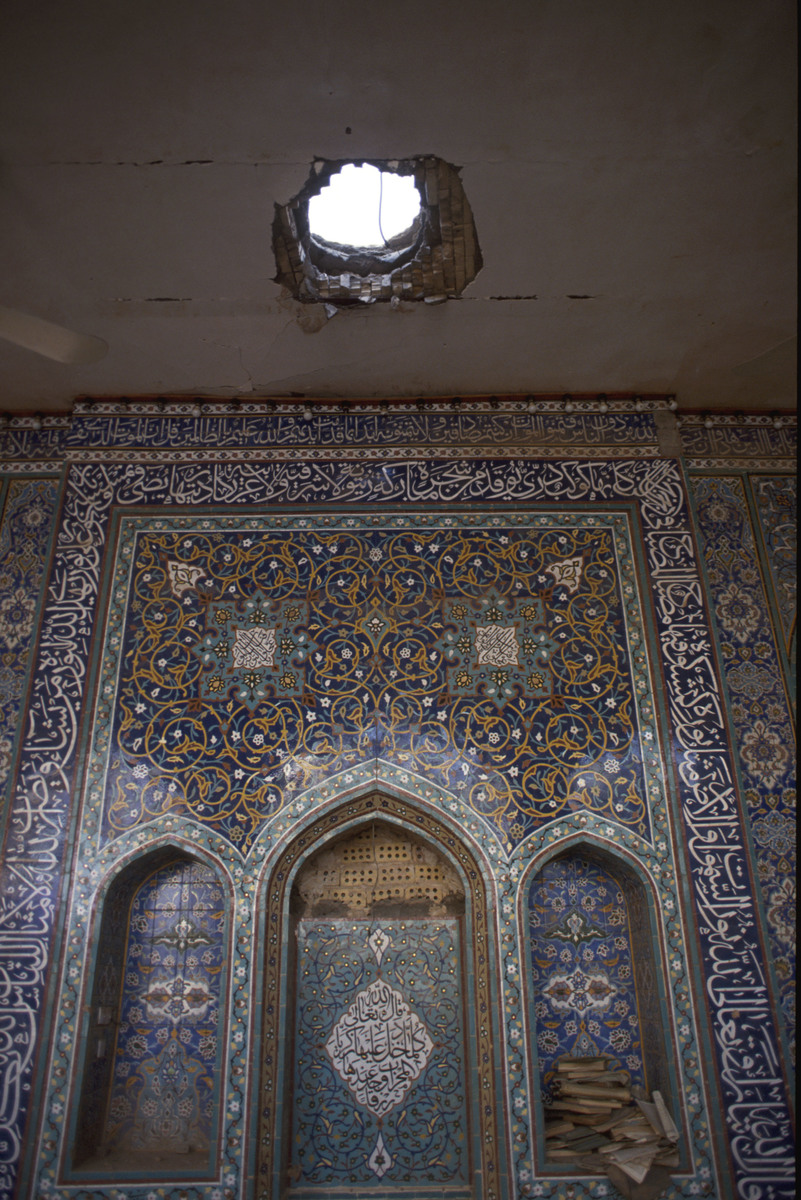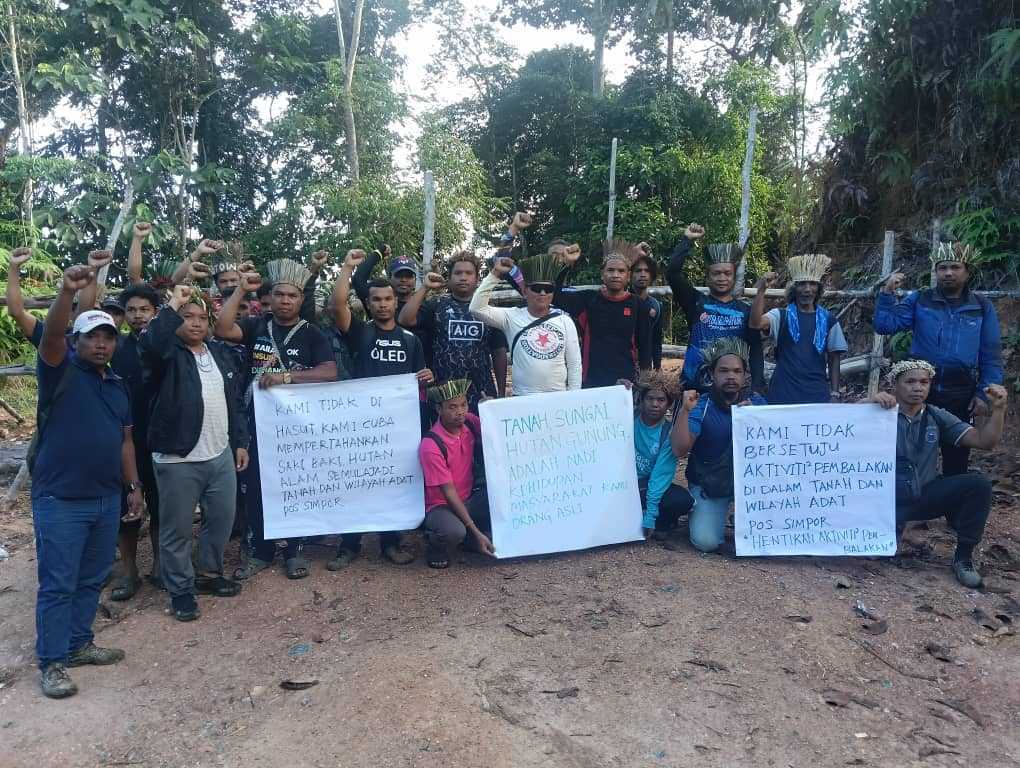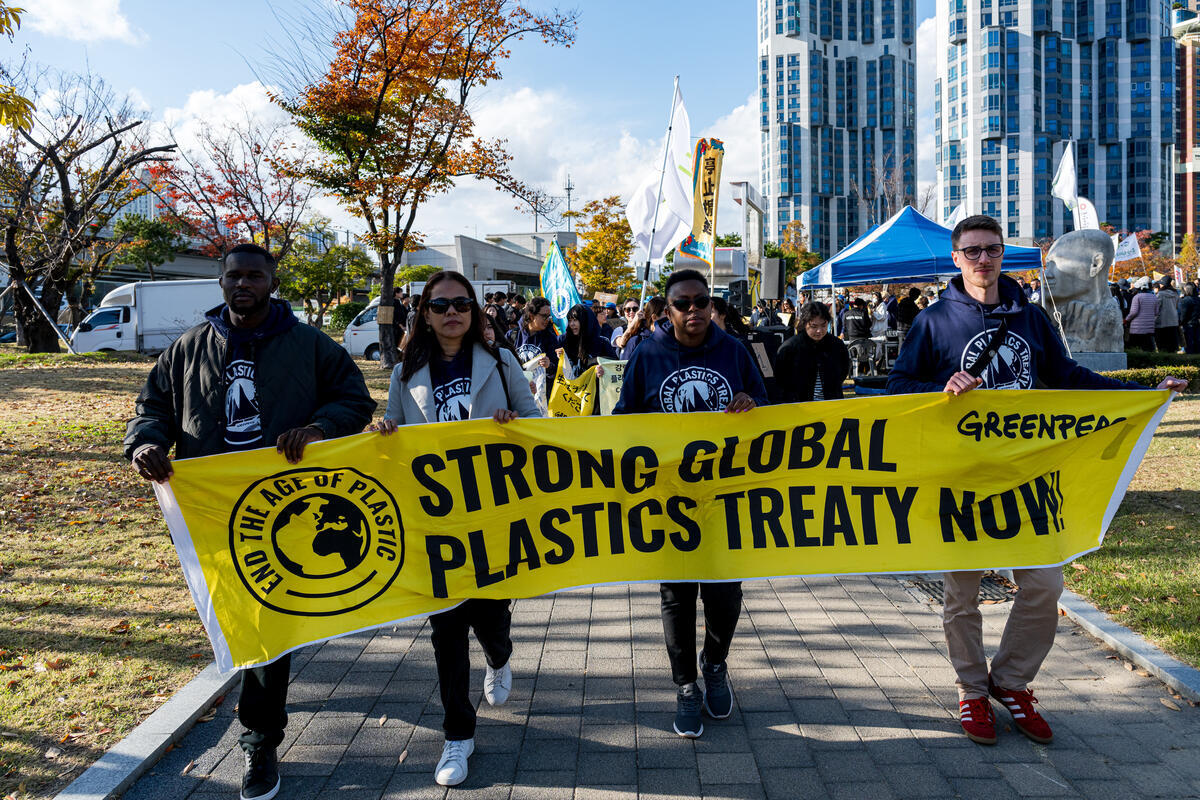Renews call for accountability of Malaysian corporations linked to transboundary haze caused by forest and peatland fires in Indonesia.
Kuala Lumpur — Greenpeace Malaysia and Greenpeace Indonesia today jointly launched The ASEAN Haze Trauma, exposing that an estimated 1.16 to 2.13 million hectares of land were burned in 2023. The report builds on burn scar analyses reported in 2019 which show recurring fire patterns tracing back to 2015. Throughout this period, food security in Indonesia was severely crippled, especially in the urban poor communities. Reduced sunlight during severe haze episodes has been found to cut hybrid rice growth rates by up to 50%, significantly affecting crop productivity and local food supply.
Despite nearly a decade of evidence linking Malaysian-owned or affiliated companies to forest and peatland fires in Indonesia that have fuelled transboundary haze. In 2019, Indonesia’s Environment and Forestry Ministry sealed land owned by 62 companies over forest fires; 20 of which were foreign, including six Malaysian and nine Singaporean firms. Named corporations include Genting Group, IOI Corporation Berhad, Kuala Lumpur Kepong Berhad, Sime Darby Plantation (now SD Guthrie Berhad), Ahmad Zaki Resources Berhad, and TDM Berhad, who have largely evaded serious penalties or licence suspensions.
This underscores the urgent need for ASEAN governments to strengthen enforcement and hold corporations accountable for cross-border environmental damage. As the 47th ASEAN Summit convenes in Kuala Lumpur, Greenpeace is calling on regional leaders to translate environmental commitments into legally binding mechanisms that safeguard environmental rights and corporate accountability across the region by formally recognising the ASEAN Environmental Rights framework; a legally binding regional commitment to ensure environmental protection, justice, and the right to a clean environment for all.
Greenpeace Malaysia Campaign Lead Heng Kiah Chun said:
“Transboundary haze pollution is not just an environmental issue. It’s a regional crisis of justice, health, and human rights. For decades, people across Southeast Asia have suffered the same cycle of smoke, sickness, and silence. ASEAN must move beyond promises and turn environmental rights into real protection for its people.
“While Malaysia’s tariff exemptions under the new U.S. Trade Agreement – covering 1,711 export products including palm oil – are being celebrated, trade recognition means little if the land keeps burning. As ASEAN Chair, this is Malaysia’s chance to prove real leadership through transparent, haze-free supply chains that protect both people and the planet.”
Greenpeace reiterates that regional progress cannot be achieved without shared accountability and steel-willed ambition. Therefore, we strongly urge ASEAN leaders to:
- Integrate Environmental Rights into the ASEAN framework.
- Strengthen National and Regional Legal commitments.
And we call on the Malaysian government to
- Amend the Federal Constitution to explicitly recognise the right to a safe, clean, healthy, and sustainable environment as a fundamental right.
- Enact a comprehensive legislative framework for clean air, such as a Clean Air Act with Transboundary Haze mechanisms.
- Hold Malaysian corporations accountable for their involvement in transboundary haze due to forest and peatland fire disasters, deforestation, and other environmental harms both locally and abroad.
Earlier this month, Greenpeace Malaysia carried out a reverse graffiti action with high-pressure water sprays in Kuala Lumpur, transforming polluted city walls into a public message calling for the Malaysian government and ASEAN leaders to champion ‘ASEAN for Environmental Rights’ because ‘Politicians Talk. Leaders Act’. The peaceful action symbolised the power of true leadership and the urgent need for decisive regional cooperation to protect people and the planet.
ENDS



